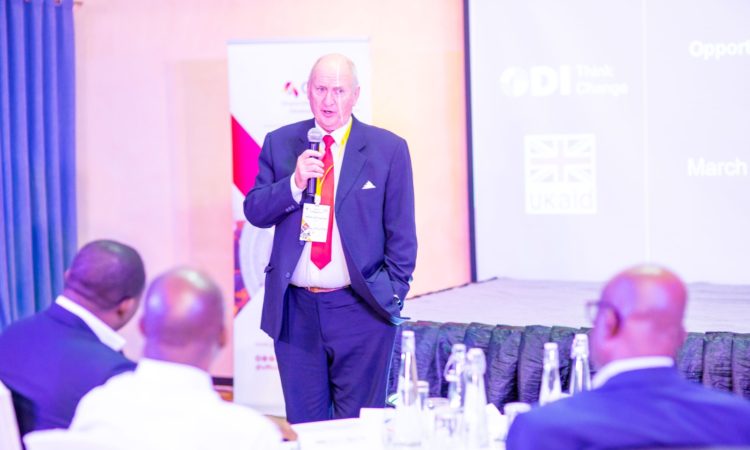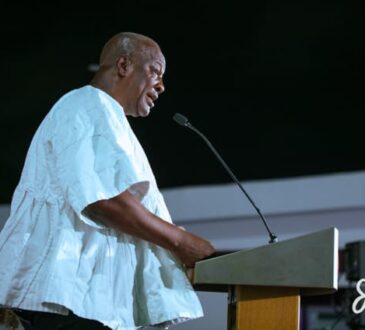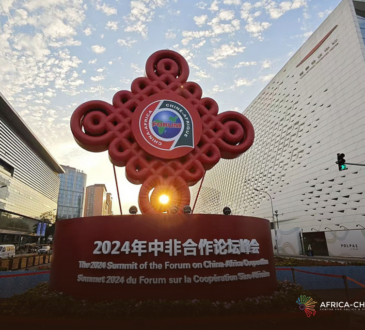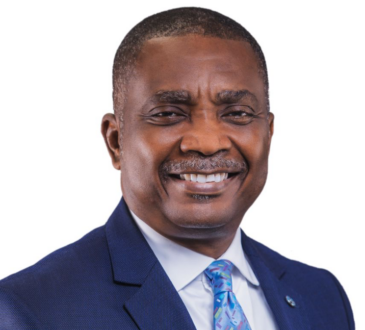
By Eugene Davis
A draft policy framework which is being fashioned out to develop the aluminium downstream sector is expected to benefit the Volta Aluminium Company Limited (VALCO), following plans to modernise and retrofit the facility to smelt alumina produced in Ghana.
The downstream policy, according to the CEO of the Ghana Integrated Aluminium Development Corporation (GIADEC), Michael Ansah is hopeful it will pass to become a legal document sometime this year. Key partners such as VALCO, GBCL, Rocksure and MoTI have all had inputs in the maiden policy.
Valco is the second largest smelter in Sub-Saharan Africa and is a major producer of primary aluminium. Today, the company produces approximately 50,000 tonnes of aluminium per annum out of its installed capacity of 200,000 tonnes per annum.
Currently, the company is 100percent owned by GIADEC. As the only existing smelter in the country, Valco is integral to the development of the Integrated Aluminium Industry in Ghana. Under Project 4, GIADEC seeks to partner a strategic investor to upgrade the plant’s equipment and technology to improve efficiency and increase its capacity to 300,000 tonnes per annum.
The VALCO smelter is currently running on two out of its five potlines and producing about 50,000 tonnes of primary aluminium per year, out of its installed capacity of 200,000 tonnes. The other 3 potlines have been shut down, and beyond repairs due to lack of maintenance and repairs over the years. VALCO has the capacity for direct employment of over 1,200 Ghanaians but currently employs 705 Ghanaians.
Benefits
When all is said and done, and the VALCO retrofit hits the ground running, approximately 300,000 tonnes of aluminium will be available to the Integrated Aluminium Industry (IAI) annually. This is an increase from the 40,000 – 50,000 tonnes produced presently.
The expected benefits from the retrofit following increased in aluminium production includes; it will encourage the consumption of aluminium locally, thereby replacing imports of aluminium products, new markets will be explored for aluminium export in Africa and beyond leveraging support of AfCFTA and other trade agreements.
Further, it will encourage the production and consumption in specific sector -transport, construction, packing and electrical, as well as create a policy and incentive framework to attract both local and foreign investors into the downstream industry.
Valco started operations in 1967, with ownership then vested in Kaiser Aluminium and Chemical Corporation (Kaiser) and Reynolds Metals Corporation (Reynolds). Kaiser owned 90percent of the shareholdings and the remaining 10percent by Reynolds, but Reynolds sold its shares to Aluminium Company of America (Alcoa) before the company began operations in 1967.
Following the establishment of GIADEC in 2018, and the consequent transfer of the Government of Ghana’s 100% holding to GIADEC, immediate steps were taken by GIADEC to establish the VALCO Board. The Board was duly inaugurated in August 2020.
A collaboration between GIADEC and VALCO, as part of VALCO’s recovery plan, secured an approval from government for an injection of funds into the Company’s operations in 2021, leading to the maintenance and repairs of its two (2) and only operating potlines. This completed the stabilization phase of the Company.
GIADEC working closely with VALCO has recorded some modest gains over the period. VALCO for the first time in twelve (12) years, recorded a positive Earnings Before Interest, Tax, Depreciation & Amortization (EBITDA) for the year 2021. The trend is expected to continue in 2022, and in the coming years, if the required investments are made.
The implementation of Project 4 – the modernisation and expansion of the VALCO smelter to improve efficiency and increase capacity, is to ensure that VALCO is positioned to sustainably grow and be profitable, and to contribute towards establishing and realising the linkages of the upstream and downstream components of the Masterplan for Ghana’s IAI. The mordenisation and retrofitting of the VALCO smelter will result in a new installed capacity of 300,000 tonnes that will be a major boost to realisation of the plan.
A well-capitalized VALCO, operating with modern technology, will ensure that the plant is more efficient, more productive, competitive, and can ultimately drive the transformation of the downstream sector of the IAI in Ghana.
The execution of Project 4 alone, will require significant investments in excess of USD 600 million. This will thus, require a strategic investor/partner with the financial capacity and technical know-how, to partner GIADEC to expand, retrofit and modernize the plant.
Ghana’s downstream sector remains underdeveloped using less than 7,000 tonnes of the about 50,000 tonnes of aluminium VALCO currently produces. With a forecast of about 300,000 metric tonnes of aluminium after VALCO has been retrofitted, GIADEC is working to revive and expand the downstream sector to take advantage of the excess aluminium that would be produced. This will ensure that we maximize in-country value by producing finished aluminium products to substitute imports and grow domestic market share in the Automotive, Electrical, Construction and Packaging sectors.
A thriving Downstream Aluminium Industry will be a vibrant industrial powerhouse made up of manufacturing companies creating thousands of jobs, including high paying jobs for the teeming youth.
Project 4 – the modernization and expansion of VALCO is, therefore, key to achieving the vision for the downstream.
The Integrated Aluminium Industry is a ‘game changer’! It is at the heart of Ghana’s industrial transformation agenda. When fully implemented prioritized, it will lead to a transformation of Ghana’s economy, and massively turn-around the economic fortunes of Ghana. The IAI, alone, has the potential to create the hundreds of thousands of jobs across every level of the value chain and could be the panacea to Ghana’s unemployment woes, whilst improving Ghana’s GDP substantially.
The timing for developing Ghana’s IAI is right as the aluminium market, though volatile, is looking very favourable and is forecasted to even get better. There has been a rising demand in the use of aluminium significantly by about 54% in the last decade due to its lightweight, high strength, and recycling properties. This upward trend in production is likely to continue in the years to come along with the healthy pace of increase in the usage of aluminium. The development of the downstream will ensure we lock in value in Ghana while significantly boosting the economy.
The execution of all four (4) projects under the IAI masterplan are at various stages of implementation. The infrastructure underpinning the IAI i.e power, ports and harbour, railway and roads are equally being developed under the relevant agencies in tandem. This is a multi-year, multi-billion-dollar investment programme.
There are four projects in the upstream part of Integrated Aluminium plan; first one relates to the existing mine which is being expanded from 1.5m tonnes to about 5m tonnes production of bauxite per year [GIADEC, OPCl fully owned by Ghana], second one is expected to produce about 5m tonnes of bauxite at Nyinahin in a bid to develop a refinery solution which is at advanced stage with companies who can come in to produce alumina plants which will take stocks for these mines to refine, the third project is a partnership which GIADEC is developing with a major European aluminium company which will lead to the development of a mine at Nyinahin-Mpasaaso area as well as a refinery [integrated project] which is before cabinet and the fourth project is the modernization and retrofitting of Valco.
The vision of developing an IAI in Ghana is now clearly defined, and execution is on course. The integration of four (4) operating bauxite mines, two refineries, the VALCO smelter, and a vibrant downstream industry, accompanied by the supporting infrastructure i.e an expanded ports and harbour with increased capacity, railway and supporting network, and a low-cost and stable power supply, will be critical to success.
Since its establishment, GIADEC has been living up to its mandate of developing and promoting an Integrated Aluminium Industry, giving credence to President Akufo-Addo’s vision of a “Ghana Beyond Aid”.







